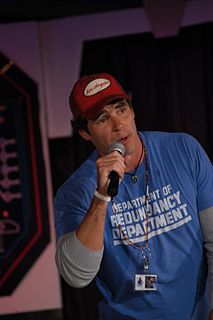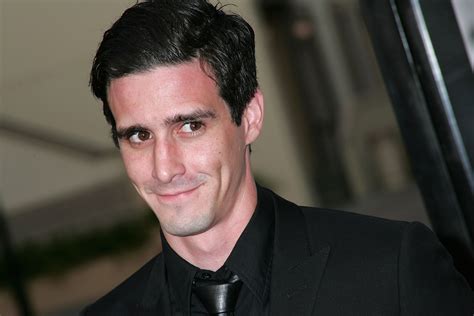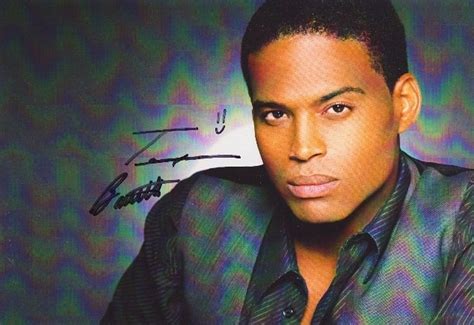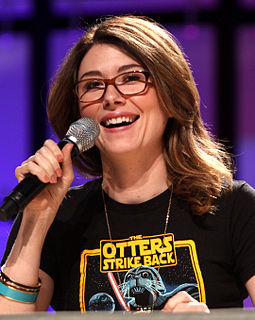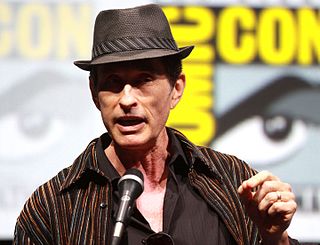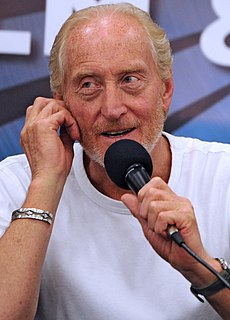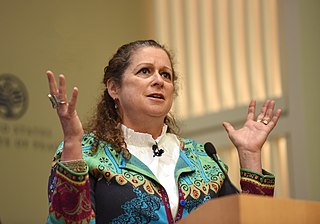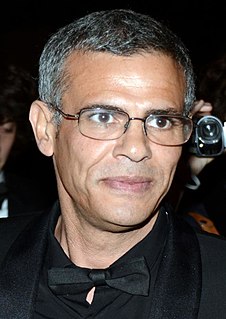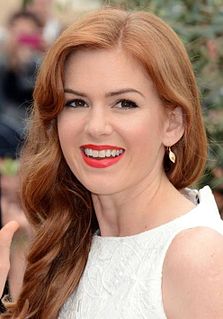A Quote by Dan Payne
The bigger budget films only shoot about a page or two a day, so there's very specific amount of time spent on detail and getting each tidbit exactly how they want it. In a movie or TV show, you shoot eight or ten pages and you aren't afforded as much time to do each scene.
Related Quotes
Film and television are very different. On the TV show, we do seven or eight scenes a day, so time and money are of the essence, and we have zero room for creativity because you've got to do each scene in only five takes. Whereas, on a film, you have an entire day to film one scene, so you have so much time to choose how you want to fill in a scene.
The only real difference between shooting 'Firefly' and 'Serenity' was that on 'Serenity,' we had a lot more freedom with time. When you're shooting a television show, you usually have anywhere between six and nine pages of script to shoot a day, and only twelve hours to do it. But with 'Serenity,' we could shoot one scene all day long.
When you're working with film, you can only shoot one angle at a time, and then everything has to stop, and you re-light it and shoot everything else from the opposite side, so it's really important that you stick exactly to what's written. But with the multi-camera digital setup, you're getting both sides of the scene at the same time, so it gives you that freedom to go off-book.
You can’t take everything on. That’s why when people ask how does this film fit into my oeuvre. I say 'I don’t know. I don’t think in those terms’. If I did, I might become incapacitated by fear . . . How do you eat a whale? One bite at a time. How do you shoot a 150-day movie? You shoot it one day at a time.
I get very close to people when I'm shooting them. We would go and shoot a scene with Lucy, and I would spend the whole time telling her about Rob. Then I would go shoot a scene with Rob and tell him all about Lucy. Eventually they wanted to know each other. These are two people who would never have overlapped in any other way or context. We brought to the garden at Rob's office and just sat and watched what unfolded. I remember weeping behind the camera, because I was so moved by the way they connected.
Usually, I have in mind what I want to do. I shoot pretty economically, so I'm not shooting tons of stuff that I could change, all that much. I'll cut something or add a little something back, but not too much. This is maybe the producer part of me, but I'm always worried about the budget, so I shoot what I know I need to shoot for the film.
